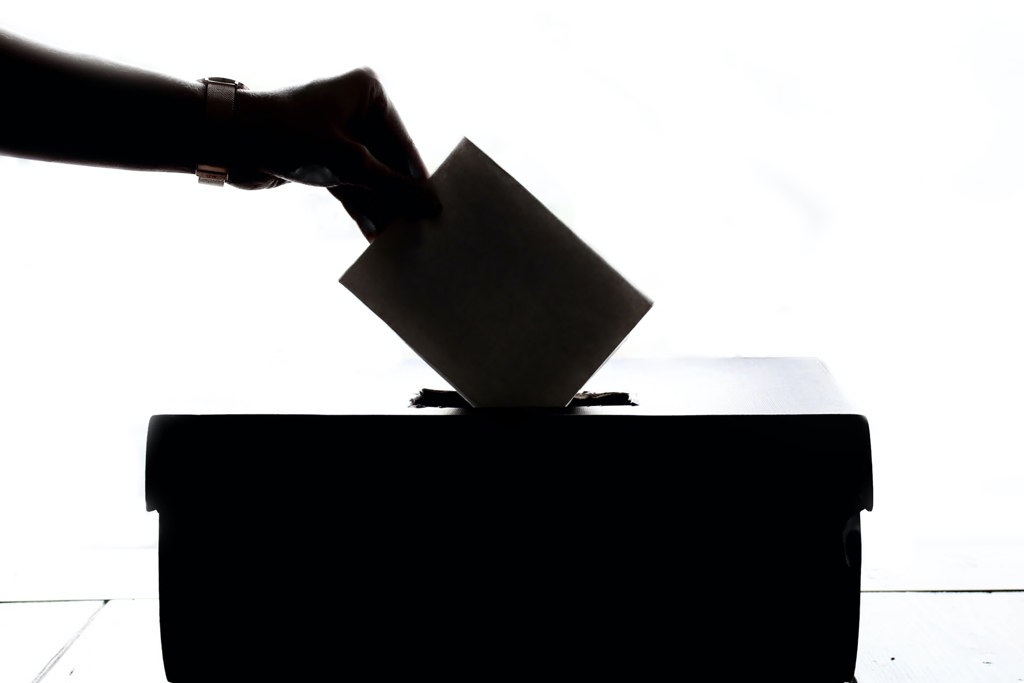In 2024, nearly half of the world’s adult population will have the opportunity to participate in a nationwide vote.
64 countries plus the European Union are expected to hold national elections this year. Combined, these countries represent 49 per cent of the world’s adult population: over 3 billion people.
Never in history have this many people been able to vote for an execuditve candidate within a single year.
This year’s elections will include India’s massive multi-day legislative elections, the largest in the world, where nearly one billion people have the right to vote. Indonesia’s presidential poll, the world’s biggest single-day vote, will see nearly 200 million potential voters.
The European Union will hold the second-largest election for their legislative body, which currently represents 27 countries. The biggest focus for the EU in this election will be the status of Ukraine and Europe’s response to Russia’s ongoing invasion of the country.
Though Canada is not expected to hold its federal election until 2025, there is growing public anticipation for the election to be moved up. A survey by Nanos Research shows that 46 per cent of Canadians would prefer to move the next election up to 2024. However, such a move is unlikely considering the Liberals have stated they have no intention to hold an election in 2024 and there has been no motion for a vote of no confidence called.
This year will be a test for democracy and the democratic process. Some nations are established full democracies, others are fledgling ones, and some are effectively autocracies with votes but few real options for the electorate to choose from.
Many of these nations, such as Russia, have very low expectations for significant political change coming from the election. Russia’s case is due to the alleged rigging of their elections and the strong autocratic power of the current head of state, Vladimir Putin.
The 2024 US election has captured the attention of many people around the world. The ongoing legal proceedings against Donald Trump for the insurrectionist attack on the Capitol over three years ago has been one of the most contentious talking points in US politics. Whether the 45th president can be put on the ballot at all due to the US constitution’s insurrectionist clause is now being decided by the Supreme Court. In describing the state of the US 2024 election, current US President Joe Biden has even claimed that “democracy is on the ballot.”
In many of these countries, the consequential outcome of these elections will determine their future as free and democratic societies.
Taiwan’s national election for their unicameral parliament will redefine the West’s relationship with China and the continuing escalation of international militarism and provocation. Geopolitics aside, low wages and soaring home prices are among the domestic challenges weighing on voters in Taiwan.
According to International IDEA’s Global State of Democracy report, half of all countries have seen declines in at least one indicator of democracy over the past five years.
Amid growing concerns that democracies as a whole are backsliding, elections in this mixed bag of nations represent a watershed year for the concept of democracy itself.
There is increasing evidence that the preference for democracy is declining. Just 57 per cent of 18 to 35-year-olds think democracy is preferable to any other form of government, compared to 71 per cent of older respondents. The young generation’s ambivalence to authoritarianism is consistent with the increasing voter apathy amongst young people.
In the 2021 Canadian federal election, only 66 per cent of citizens aged 18 to 24 voted compared to the national average of 76 per cent that year according to Statistics Canada. In the most developed countries, young people have the lowest voter turnout of any other citizen.
From increased ethnic violence to steps aimed at weakening checks on the power of the executive, the threats to democracy are real, but there are countervailing pressures too. The popularity of democracy as measured by public opinion remains high.
A survey by Open Society Foundations with respondents from over 30 countries found that 86 per cent of respondents say they want to live in a democracy.
Despite authoritarian countries like Russia making their election seem like a fruitless cause, such democratic exercises implicitly concede that — in the modern world — the people’s votes are the only universally recognized source of political legitimacy. This norm is the hard-won achievement of centuries, one that this year of elections will surely test and reinforce.
This year will be a hallmark of the state of global democracy. Anti-intellectualism and divisiveness continue to promote illiberalism and anarchy surrounding each political change. Regardless of what happens, there are things Canadians can learn from and implement for next year’s election.
Take the time to educate yourself on current issues and the solutions candidates bring. Save your political expression for the election and use your democratic right to vote.

